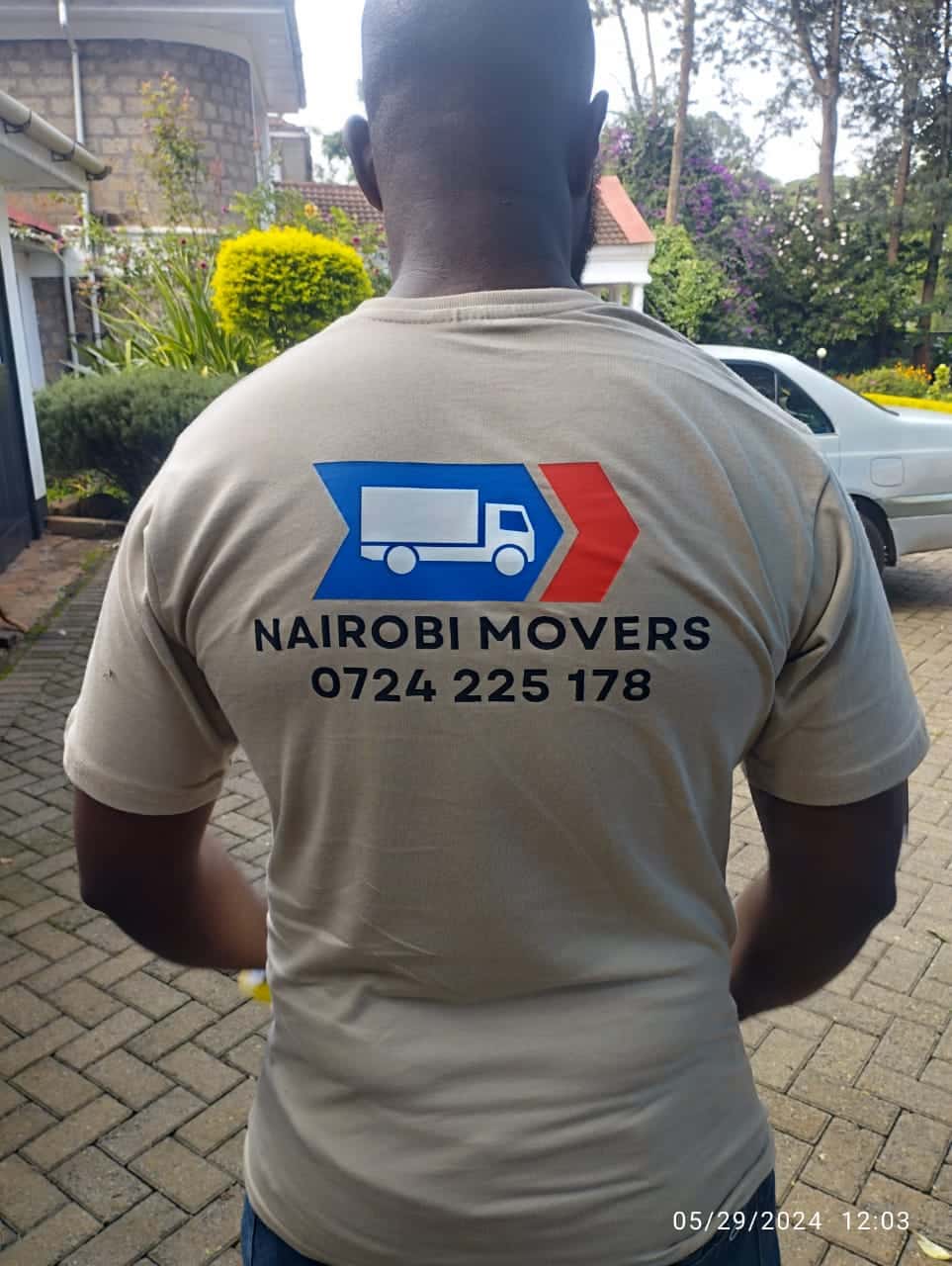1. Introduction
House moving can be a daunting task, especially in a bustling city like Nairobi. The combination of navigating traffic, managing packing, and coordinating logistics can be overwhelming. However, with careful planning and execution, you can turn this stressful experience into a smooth transition. In this blog, we share personal insights and professional tips to help ensure your residential move is as stress-free as possible.
2. Start Planning Early
One of the keys to a successful move is starting your planning early. Begin preparations several weeks or even months in advance. Early planning gives you ample time to address any unexpected issues that may arise. Create a detailed timeline that includes sorting your belongings, booking professional movers, and notifying utility companies of your move. This timeline should be broken down into manageable tasks to help you stay organized and on track. Early planning helps avoid last-minute rushes and ensures everything is in order on moving day.
3. Create a Comprehensive Moving Checklist
A moving checklist is essential for staying organized. Start by listing all tasks that need to be completed before, during, and after the move. This list should include items such as updating your address, packing non-essential items, and scheduling disconnections and reconnections of utilities. A comprehensive checklist will keep you on track and reduce the likelihood of forgetting important steps. Break down larger tasks into smaller, more manageable steps to make the process less overwhelming.
4. Declutter Before Packing
Moving is the perfect opportunity to declutter your home. Go through each room and decide what to keep, donate, or discard. Reducing the number of items you need to move not only makes packing easier but also saves on moving costs. Be ruthless and honest about what you truly need in your new home. Consider organizing a garage sale or donating items to local charities. This not only helps reduce clutter but also gives back to the community.
5. Pack Smart and Label Everything
When it comes to packing, be strategic. Use quality packing materials to protect your belongings during transit. Ensure fragile items are well-protected with bubble wrap, packing paper, or foam. Label each box with its contents and the room it belongs to in your new home. This makes unpacking much easier and helps the movers place boxes in the correct rooms, saving you time and effort. Additionally, consider creating an inventory list of your packed items to keep track of everything during the move.
6. Hire Professional Movers
Investing in professional movers can make a significant difference in your moving experience. Choose a reputable moving company in Nairobi with positive reviews and a proven track record. Professional movers have the expertise and equipment to handle your belongings safely and efficiently, reducing the physical and emotional strain on you. Request quotes from multiple companies and ask about their insurance policies to ensure your belongings are protected during the move.
7. Prepare for Moving Day
On the day of the move, ensure you have all essentials packed separately, such as important documents, medications, and a change of clothes. Keep these items with you rather than in the moving truck. Being prepared for the day itself can help alleviate stress and ensure you have what you need at your fingertips. Additionally, make arrangements for any pets or children to be looked after during the move to keep them safe and out of the way.
8. Manage Utilities and Services
Coordinate with utility providers to disconnect services at your old home and reconnect them at your new residence. This includes electricity, water, internet, and any other services you use. Scheduling these changes in advance ensures you have all necessary utilities up and running when you move in. Notify your service providers of your move and provide them with your new address to avoid any disruptions.
9. Communicate with Your Movers
Maintain clear communication with your moving company throughout the process. Confirm the moving date, time, and any specific instructions they need to follow. Keeping an open line of communication helps prevent misunderstandings and ensures a smoother move. Provide the movers with any special instructions regarding fragile items or specific handling requirements.
10. Take Care of Yourself
Moving can be physically and emotionally exhausting. Remember to take care of yourself during the process. Stay hydrated, take breaks, and ask for help when needed. Keeping yourself in good condition will help you handle the stresses of moving more effectively. Don’t hesitate to reach out to friends or family for assistance or support during this busy time.
11. Settle into Your New Home
Once the move is complete, take your time settling into your new home. Unpack essential items first and gradually work through the remaining boxes. Take the opportunity to arrange your new space in a way that feels comfortable and suits your lifestyle. Create a plan for unpacking to avoid feeling overwhelmed, and prioritize areas such as the kitchen and bedrooms to make your new house feel like home quickly.
12. Reflect and Learn
After the move, take some time to reflect on the process. What went well? What could have been done differently? Use these insights to improve any future moves and to share advice with friends and family who may be planning their own relocations. Reflecting on your experience can also provide a sense of closure and accomplishment after completing a significant life event.
Conclusion
Moving house in Nairobi doesn't have to be stressful. By following these personal tips and leveraging professional expertise, you can ensure a smooth and efficient transition to your new home. With careful planning, smart packing strategies, and clear communication, your move can be a positive and rewarding experience. Embrace the change and look forward to the new opportunities that come with your new home.

